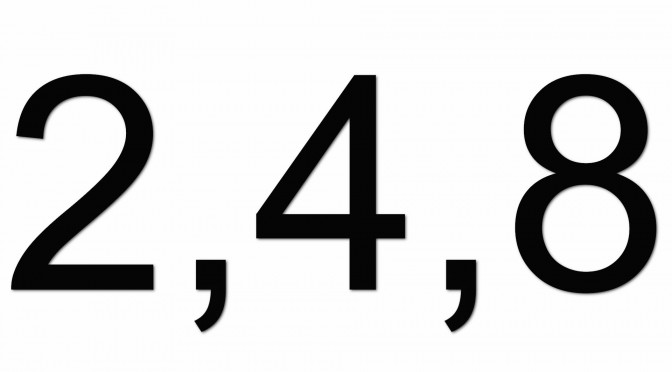Dive into the fascinating world of cognitive biases as we uncover the most common one: confirmation bias. In this article, we discuss an experiment inspired by the book “The Black Swan” by Nassim Taleb, which demonstrates how we often fail to investigate contrary evidence that could disprove our theories. Stay tuned to the end for the interesting video from Veritasium that illustrates this concept through a series of number-based challenges.
-
The Three-Number Challenge: In the video, participants are given a sequence of three numbers (2, 4, 8) and a hidden rule governing them. They can propose their own sets of three numbers and are told whether their sets follow the rule or not. They can then attempt to identify the hidden rule.
-
Multiplication Misconceptions: Most participants assume that the rule involves multiplication, proposing number sequences like (16, 32, 64) or (10, 20, 40). Although these sets follow the rule, multiplication is not the correct rule.
-
Confirmation Bias in Action: Throughout the experiment, participants persistently propose sets of numbers that fit their initial assumptions. Instead of challenging their beliefs, they seek to confirm them by offering sets that adhere to their own perceived rule.
-
Getting Closer to the Truth: When participants finally propose sets that defy their assumptions, they begin to gather more valuable information. A participant who proposes (10, 9, 8) is told that this set does not follow the rule, eventually leading them to discover that the rule is simply “numbers in ascending order.”
-
The Black Swan Metaphor: The video draws a parallel between the participants’ approach and the black swan metaphor, which represents the unknown and the unexpected. Just like the old belief that all swans were white, people often fail to consider alternative possibilities or challenge their theories.
-
The Importance of Disproving Our Beliefs: This experiment emphasizes the significance of trying to disprove our theories to get closer to the truth. By seeking out contrary evidence, we can gain a better understanding of reality and avoid fooling ourselves.

